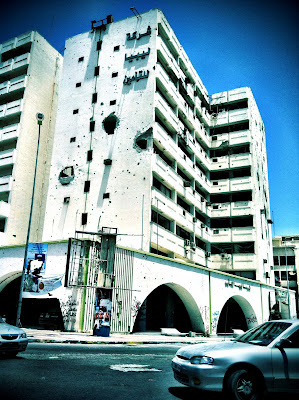An excerpt from my latest argument with Benjamin Preisler (@LKwesiJ) in Tufts University's Fletcher Forum of World Affairs:
To read the entire piece, click here.
The uprisings that swept the Arab world in 2011 were a historic political awakening of peoples long held captive by decrepit systems of control and oppression. However, the United States and its European allies have so far failed to reckon with this geopolitical earthquake. This lack of appreciation is exemplified by a recent White House policy review that pared Middle East priorities down to three issues, only one of which was related to the uprisings. Rather than adapting and coordinating long-term policies to account for the political mobilization of the masses and its causes, Brussels and Washington have largely reverted to pursuing short-term stability and security. This failure not only threatens the West’s ability to influence the region, leaving other actors to fill the void, but it risks losing the region to greater instability and insecurity in the future.
However, there is still time for leaders to capitalize on the opportunities presented by the uprisings and formulate win-win, long-term policies. This will require the same paradigm shift found in U.S. foreign policy after World War II. After the war devastated Europe, the stability, democratic nature, and equity of today’s Europe were far from a certain outcome. Yet acting out of enlightened self-interest, the United States remained engaged economically and politically with the continent. This engagement fostered a mutually beneficial partnership and flowered into an alliance that has predominantly shaped the international framework since. Following their uprisings, North African countries face the same watershed moment as their northern neighbors did over half a century ago. The Transatlantic partnership, looking at its own history and success as a model, ought to engage with Arab reformers as real partners instead of following the failed policies of the past, namely embracing as clients whichever strongman emerges from the entropy.
To read the entire piece, click here.





